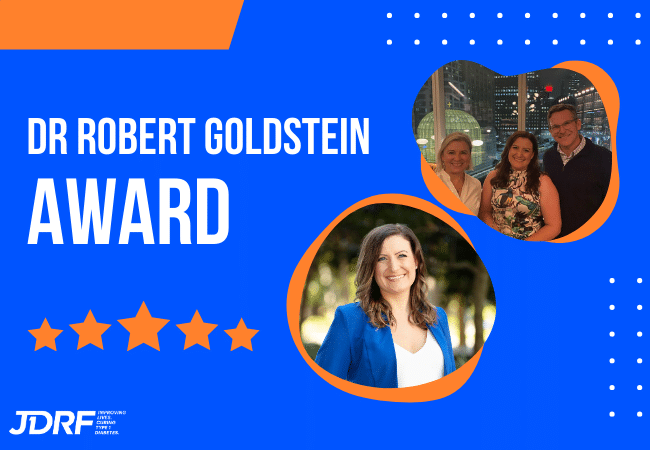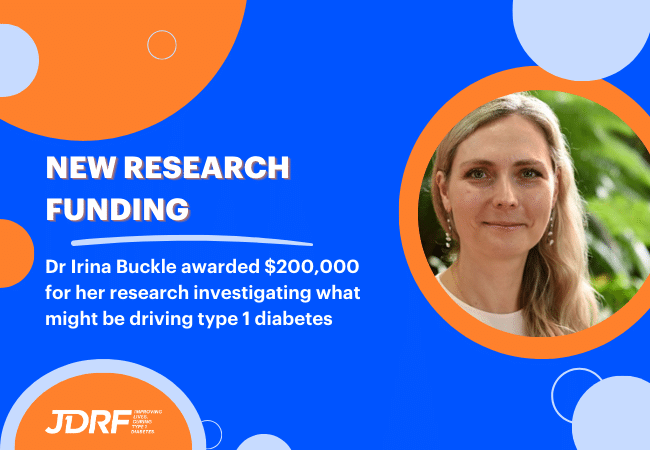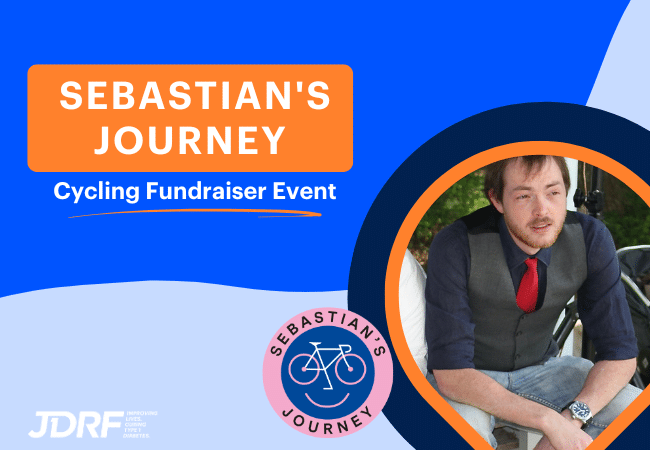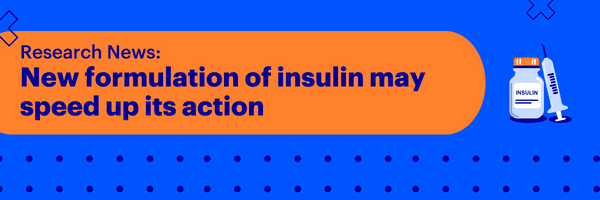How to keep your spirits up when experiencing type 1 diabetes burnout

Type 1 diabetes (T1D) is like a job and the day-to-day effort to manage it can become hard and frustrating, especially when the results are not what you hoped for. Studies have shown that most people living with diabetes experience worries, fears and other negative feelings at some stage. When these feelings are prolonged it can lead to diabetes burnout, which can lead to other serious physical and psychological complications as a result of prolonged high blood glucose levels.
Here are the signs of diabetes burnout to look out for (in yourself or others), questions to ask, and how to find support to get you back on the right track.
The signs of T1D burnout
If you’re experiencing diabetes burnout, the rest of your life might still be ticking along well. Yet when it comes to managing your diabetes you might not have the will or the energy to do what you need to. Some signs of diabetes burnout include:
- not checking blood glucose levels
- stopping or reducing insulin injections
- not worrying about your eating habits or exercise
- ignoring or trying to forget your diabetes most of the time.
Doing everyday tasks can become mundane for everyone, so when it comes to T1D, it’s important to find ways to keep yourself motivated to manage the grind of T1D.
Coping strategies for T1D burnout
Share the load: T1D isn’t a do-it-yourself condition. It’s something we need to share with our family, friends, workplace or school so that our load is less. What can you share with others?
Speak up: Reach out to your support system and let them know T1D is taking its toll. Sometime the act of actually talking about our feelings can help to relieve your stress and overwhelm.
Celebrate your little achievements: It’s important that you continue to look after yourself and treat your diabetes. This can be really hard to do! One helpful strategy is setting yourself small goals for success and celebrating once you’ve achieved them.
Change the way you think about your BGLs: After you experience your initial (and normal!) emotional reaction to a high or low BGL, don’t dwell on it. Instead, try to look at your BGL results as information to help you decide what to do next. Don’t waste time punishing yourself over a high or low number. Use what you know to plan ahead and make positive adjustments. Of course, this is easier said than done!
Switch up your T1D language: Using words like ‘high’ and ‘low’ blood glucose instead of ‘good’ and ‘bad’ can really help.
Remember your feelings are valid and normal: Feeling burnt out and overwhelmed is very normal, and everyone living with T1D experiences these feelings at some point in time. When you have these feelings, it can be useful to remember that you can hate it and still do a really good job at it.
Use the 4 Rs: Pay attention to the essential nurturing elements of mental health: rest (6-8 hours of sleep a night), recreation, regular exercise and relationships. The 4 Rs aren’t optional extras and are extremely important for maintaining our wellbeing.
Questions to ask if you’re experiencing diabetes burnout
If you think burnout has happened, or you’re at risk of it happening, it can help to ask yourself these questions. You can also ask them of others if you’re concerned for a loved one who lives with T1D.
- What particular areas of diabetes are causing you problems?
- What’s happening in your life that might be conflicting with diabetes care, making it harder?
- What problems outside of diabetes could be addressed?
- What are your expectations for your diabetes management – what do you want?
- Are your goals realistic right now? Perhaps they are too high or too low?
Find support for diabetes burnout
JDRF Australia and other organisations have a range of resources available for the T1D community if you’re looking to address your mental health needs:
- learn more about accessing mental health services
- connect with a volunteer network that understands how you feel with our Peer Support Program
- Join one of JDRF Australia’s T1D Connect private Facebook groups, whether you’re a parent or carer of someone newly diagnosed with T1D, or you live with T1D and are aged 14-24 or 25 years+.
- Access a range of fact sheets and resources on diabetes and mental health on the National Diabetes Services Scheme (NDSS) website. You could bring any of these along to your first consultation to help start your discussion.
To talk to someone urgently, contact:
- Beyond Blue (1300 22 4636)
- Lifeline (13 11 14).





